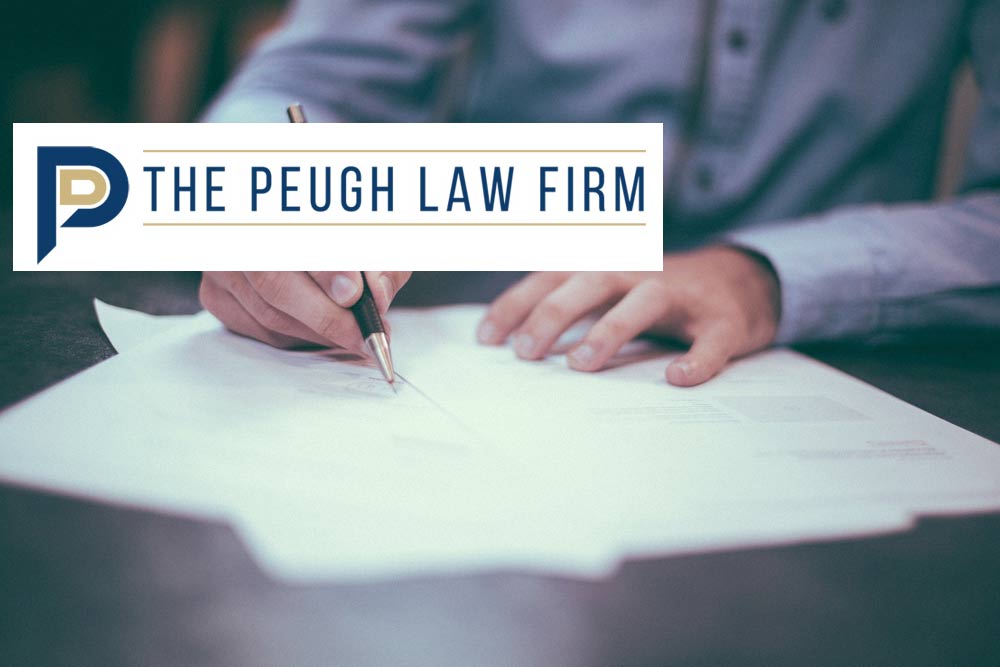What You Should Know About Forgery Charges in Denton
Sec. 32.21. FORGERY. (a) For purposes of this section:
(1) “Forge” means:
(A) to alter, make, complete, execute, or authenticate any writing so that it purports:
(i) to be the act of another who did not authorize that act;
(ii) to have been executed at a time or place or in a numbered sequence other than was in fact the case; or
(iii) to be a copy of an original when no such original existed;
Police can charge a person with criminal forgery when they have made changes to a document without permission, tried to use a forged item or possessed forged material for the purpose of using them. A person convicted of forgery could potentially suffer significant legal ramifications.
What Are The Different Types of Forgery?
There are many kinds of forgery, including but not limited to:
- Using a fake name to sign a document
- Using someone else’s checks
- Creating a false document
- Changing an official document’s times, dates and amounts
- Using forged documents to attain property or money
A person is charged with forgery if police find they have created or changed a document or item, trying to commit fraud. Fraud is noted as being an action that’s intended to deprive a person or entity of money, services, goods and property.
For instance, James reaches out to a rare stamp collector, letting him know that he wants to sell a rare stamp. He takes another rare stamp certificate of authenticity to make his stamp look legit. James is committing forgery because he is altering the document to convince the buyer his stamp is rare.
What Are The Legal Sanctions Of Forgery
Texas imposes severe sanctions on forgery convictions. The severity will depend on what the forgery was.
A person who forges a will, check, or mortgage could be found guilty of a felony, leading to the following penalties
- Up to two years in state jail
- Up to $10,000 in fines
Someone who forges stocks, postal stamps, money, or government documents could be charged with a third-degree felony, with the possible penalties of:
- 2 to 10 years in prison
- Up to $10,000 in fines
When it comes to minor forged documents, a person could face a class A misdemeanor charge with penalties of up to:
- One year in jail
- $4,000 in fines
If a person 65 or older is the victim of forgery, the charges are automatically upgraded.
What Kind Of Legal Defense Can A Person Facing A Forgery Charge Get?
The best way to defend against a forgery charge is to hire a knowledgeable attorney like Daniel K. Peugh and use his years of experience to demonstrate:
- A defendant was not engaged with any alleged forgery incidents
- Prosecutors have failed to prove their case beyond a reasonable doubt
For instance, James’ defense attorney could reasonably argue that he created an authentic document about the rare stamp and submit into evidence that a legal copy of authenticity was gathered (not altered). The defense lawyer could then say the prosecution has failed to meet their burden of proof.
If successful, the prosecutor may suggest a drop of all charges or be willing to do a plea bargain.
For a free consultation, contact our office today at 940-566-0271 or use the contact form below.





